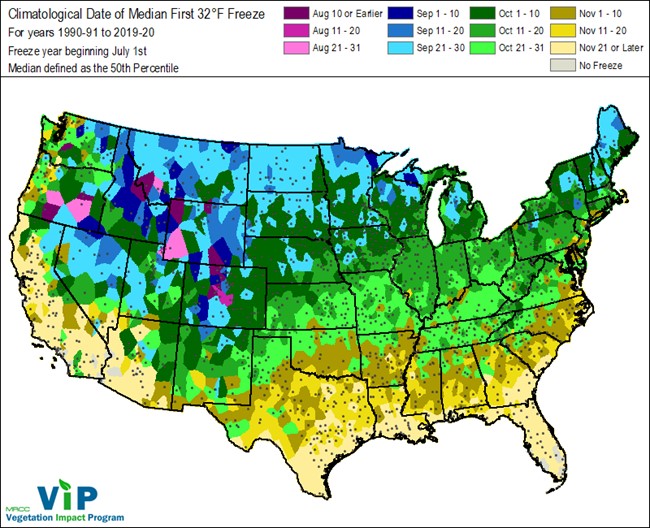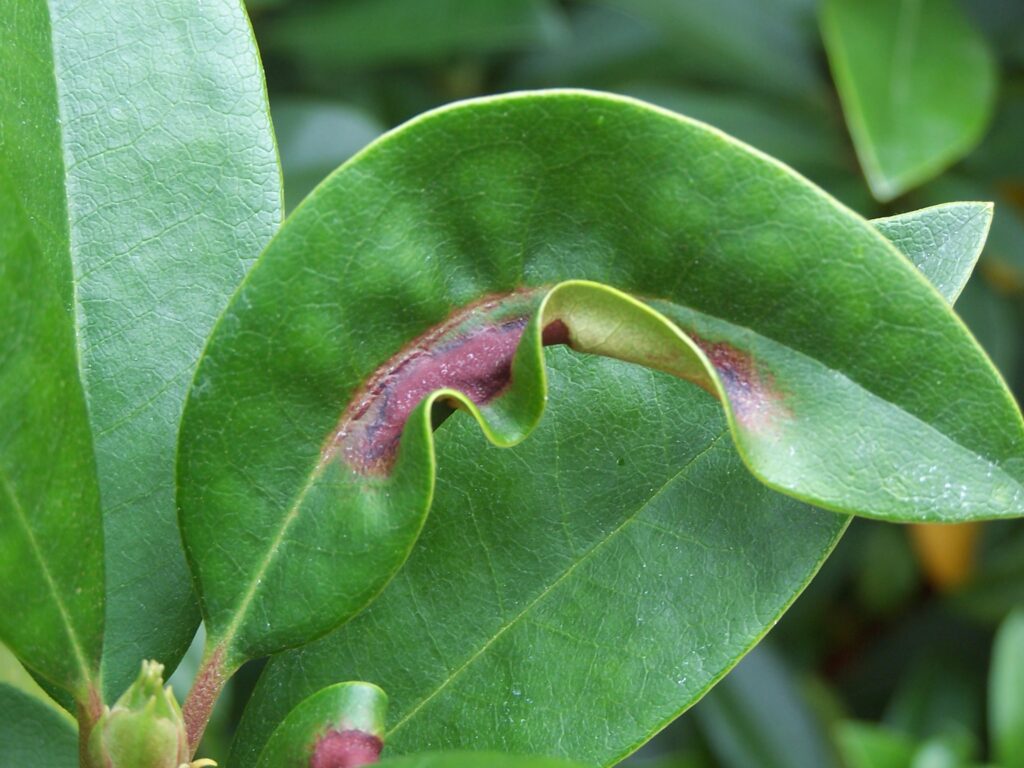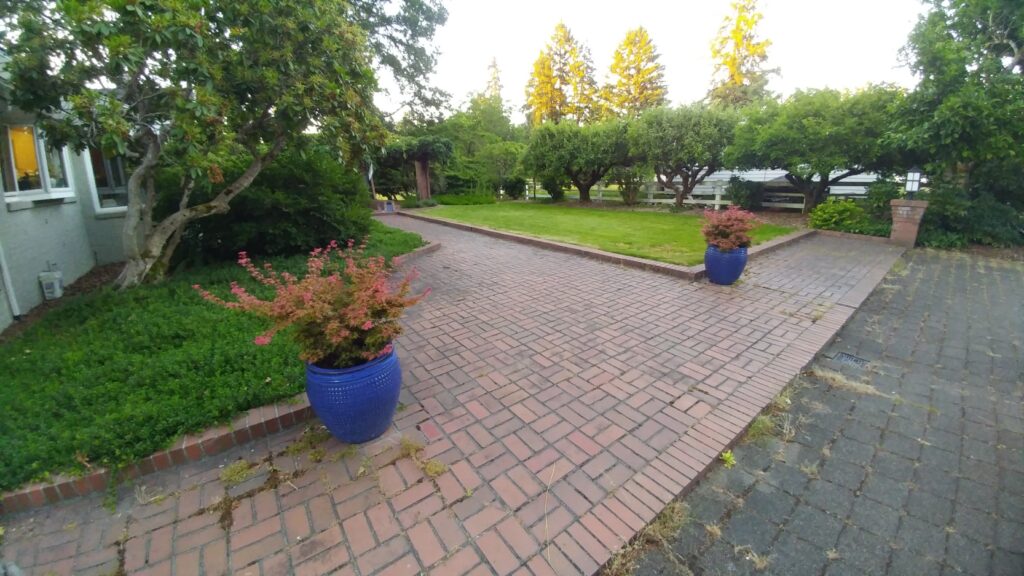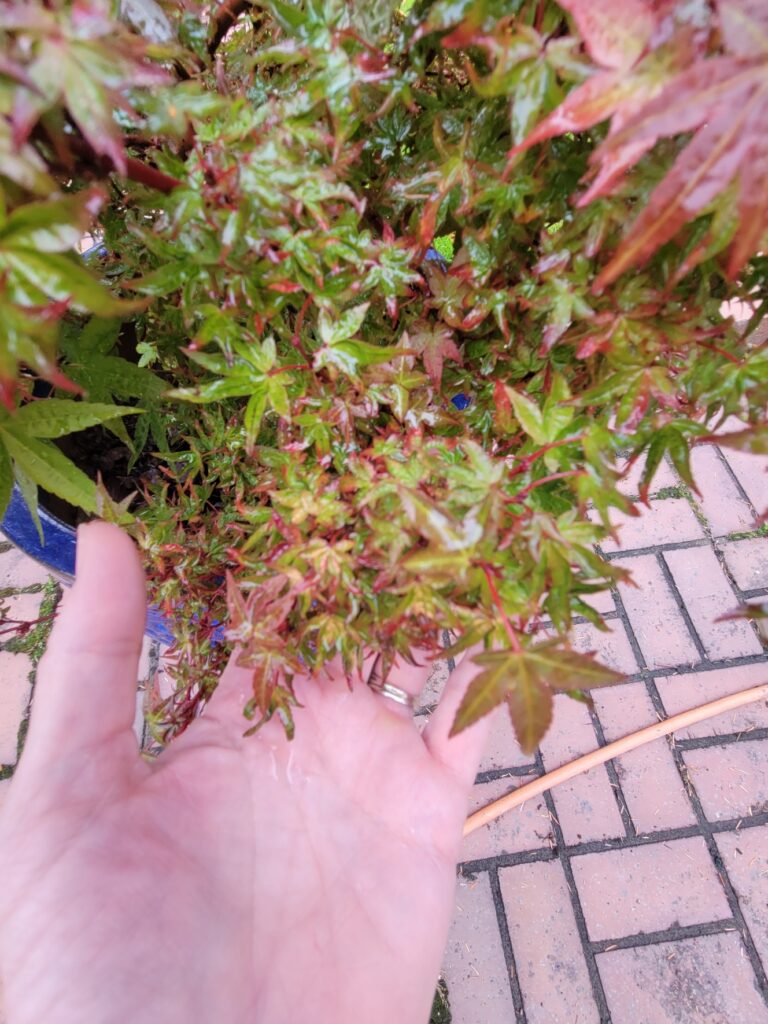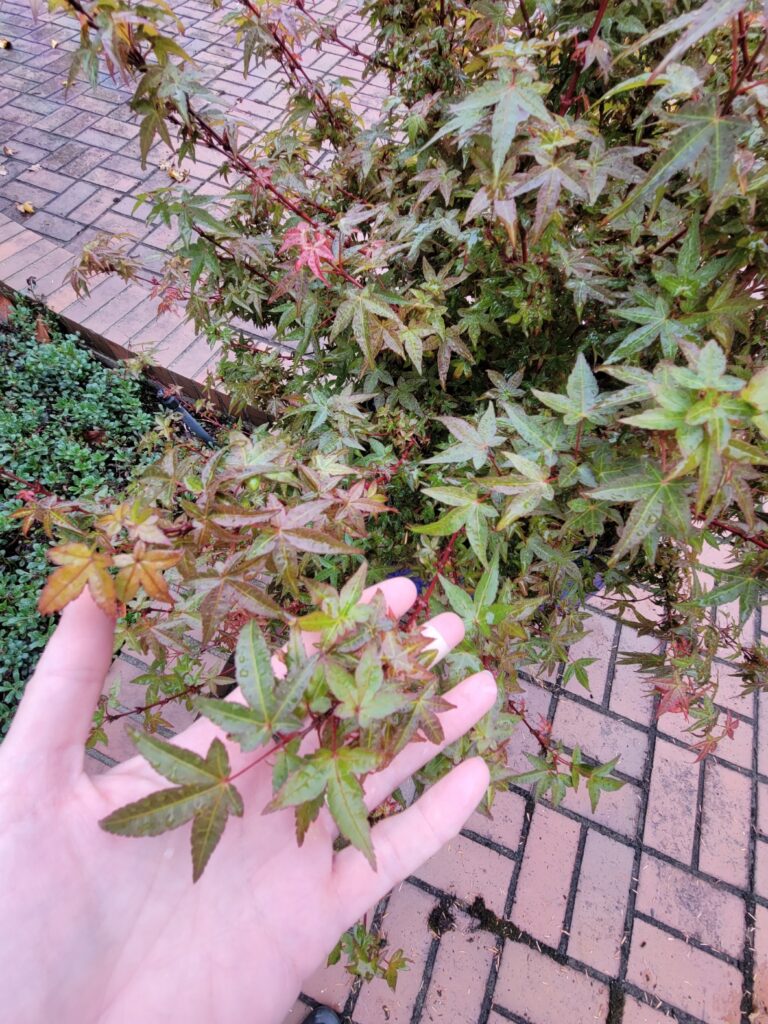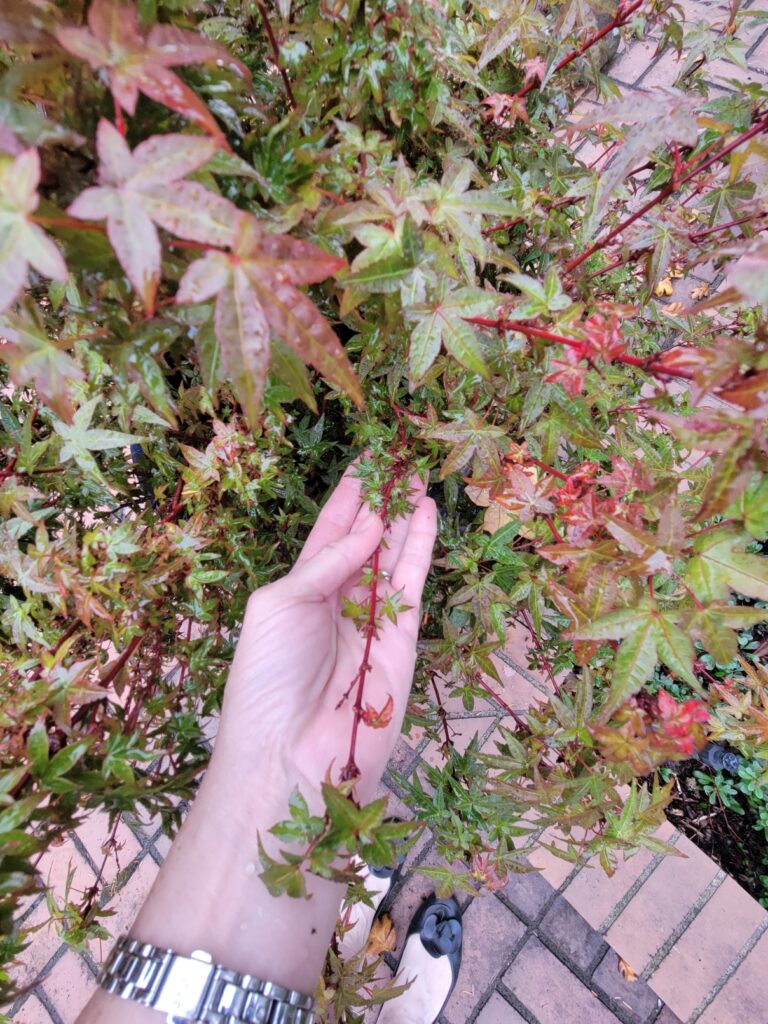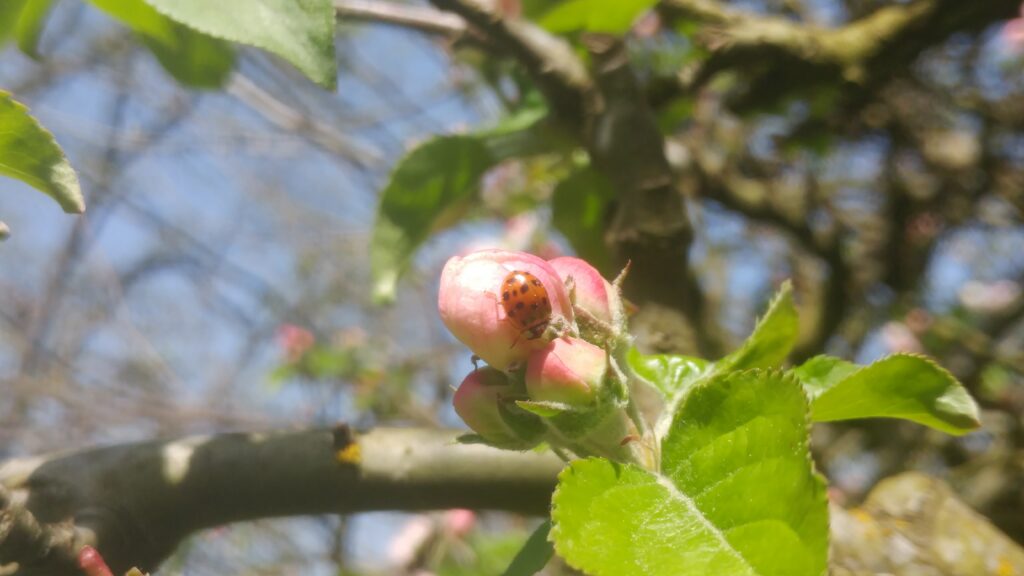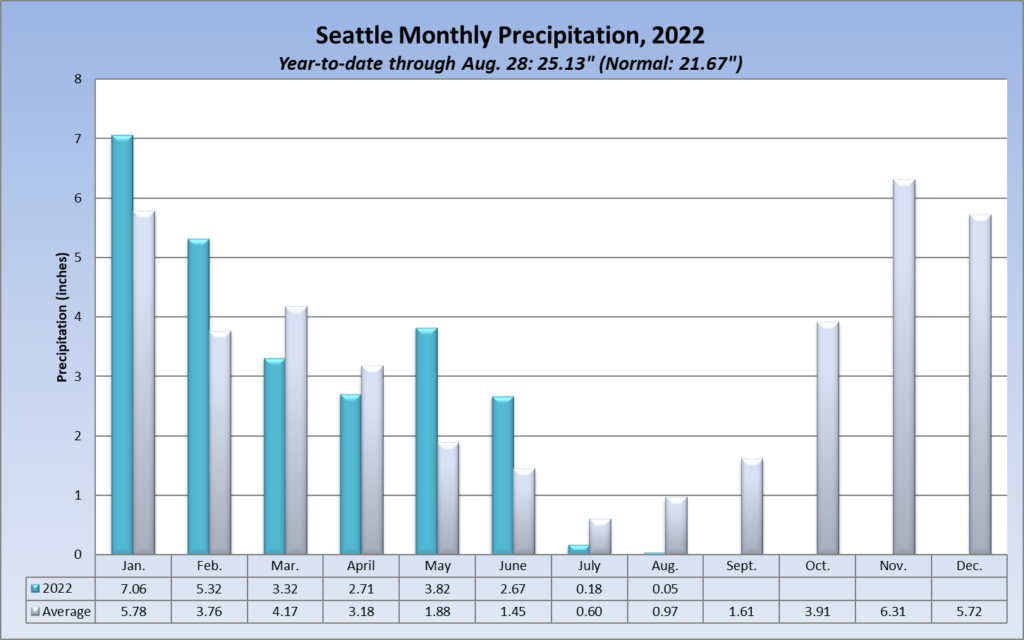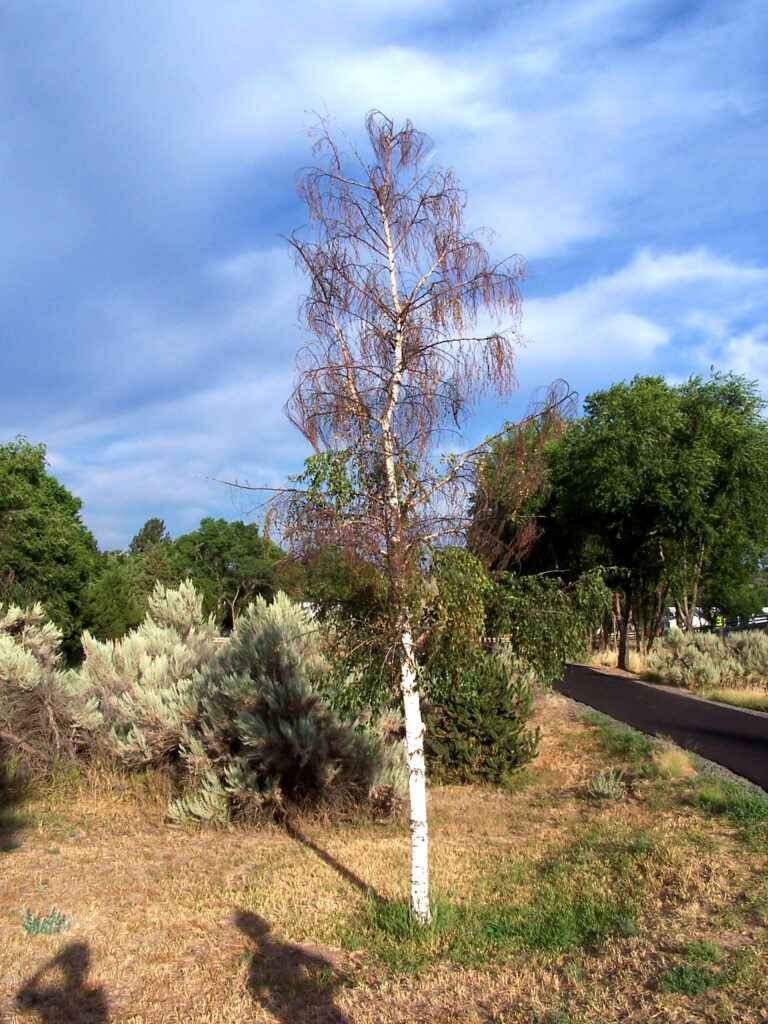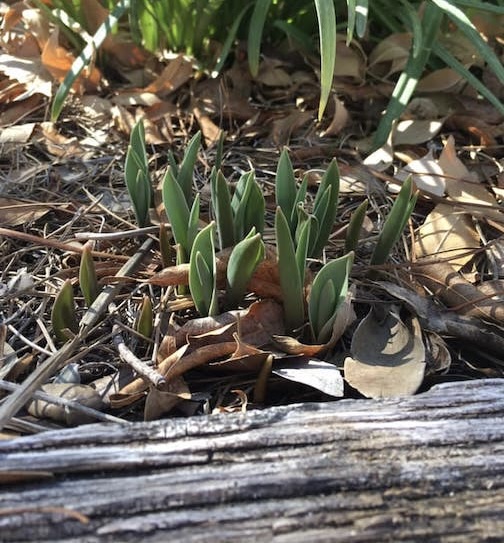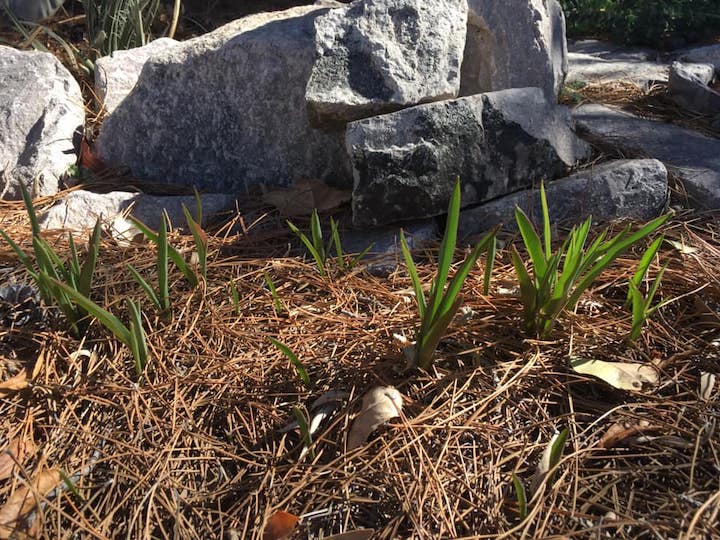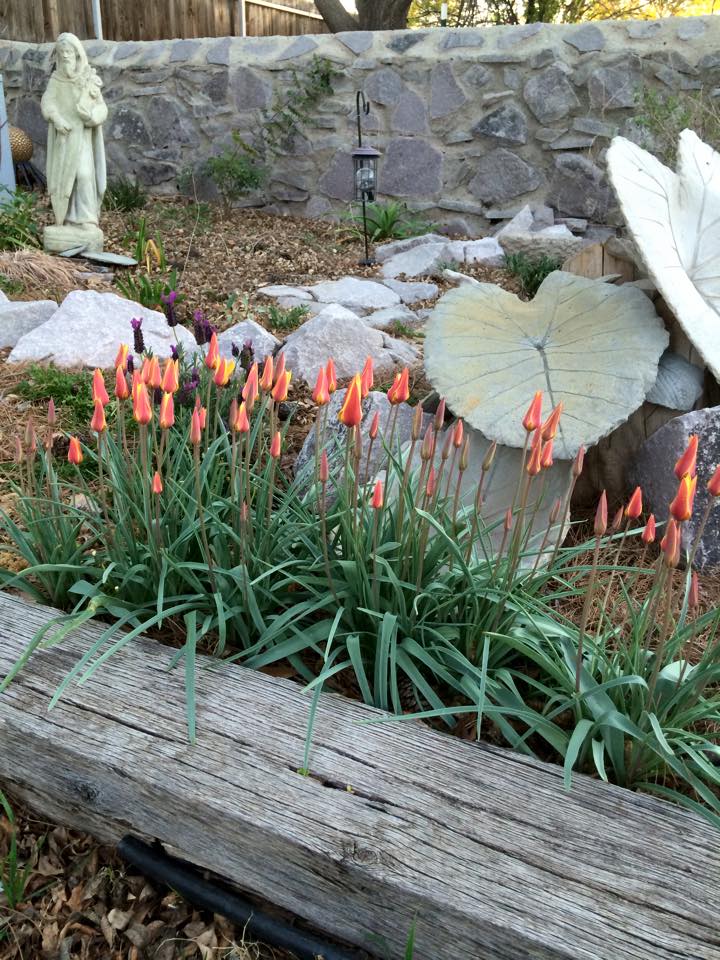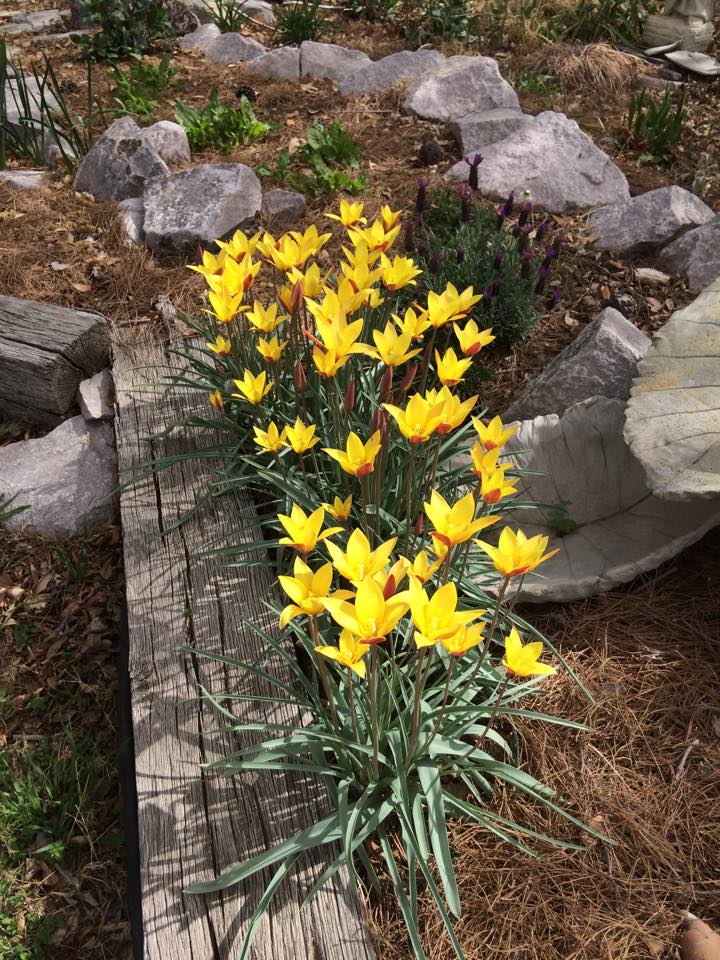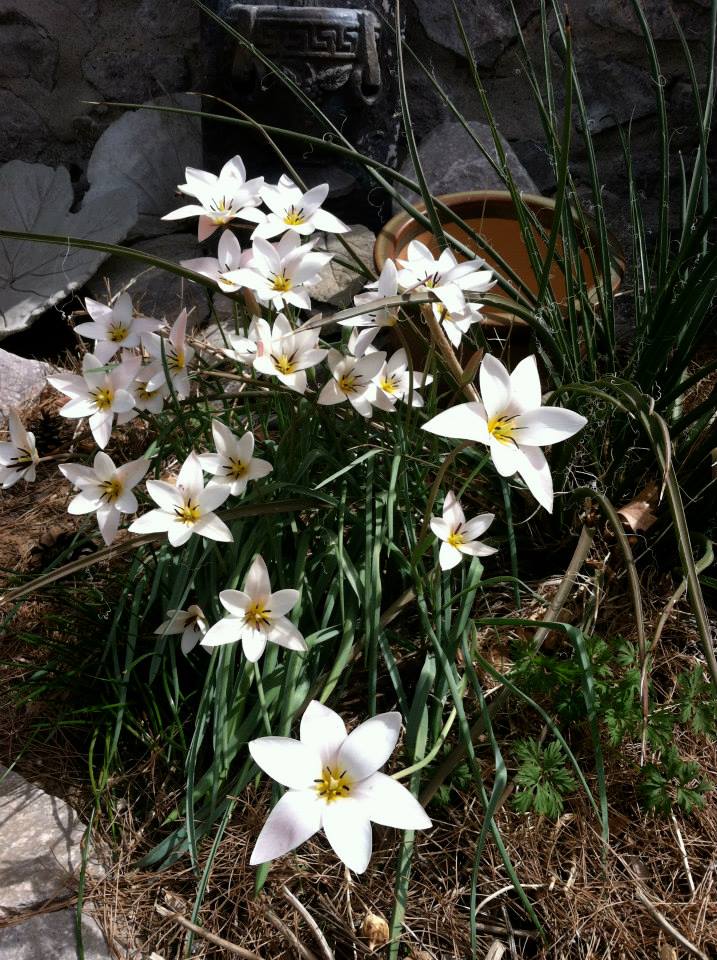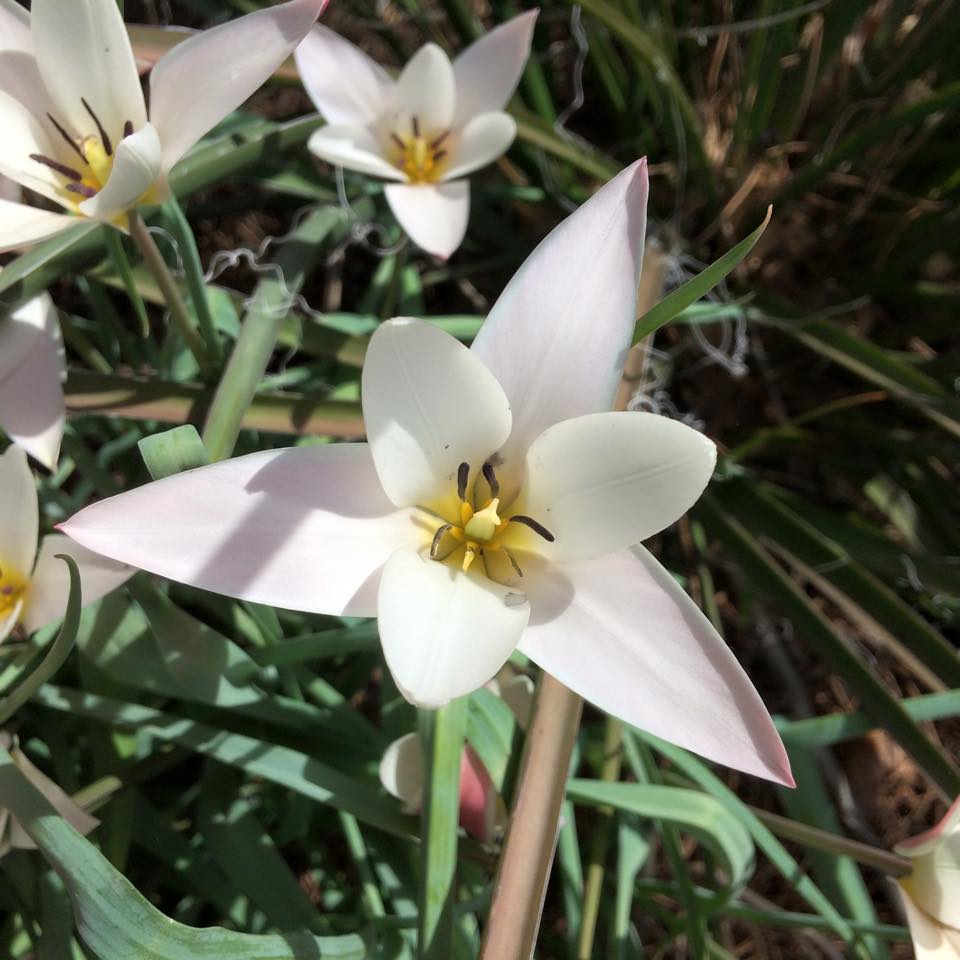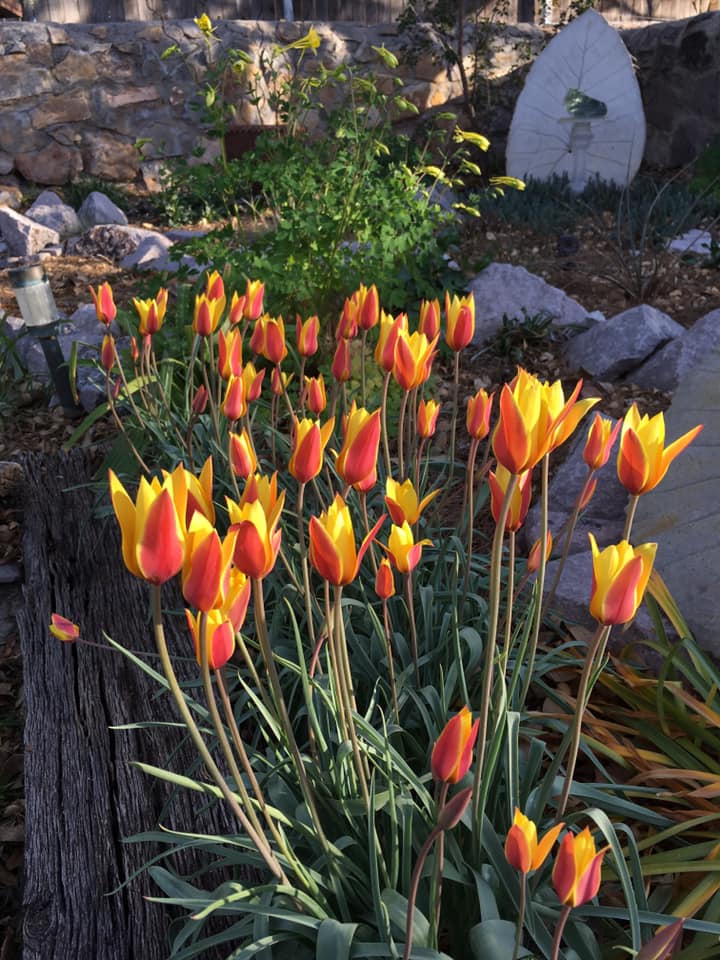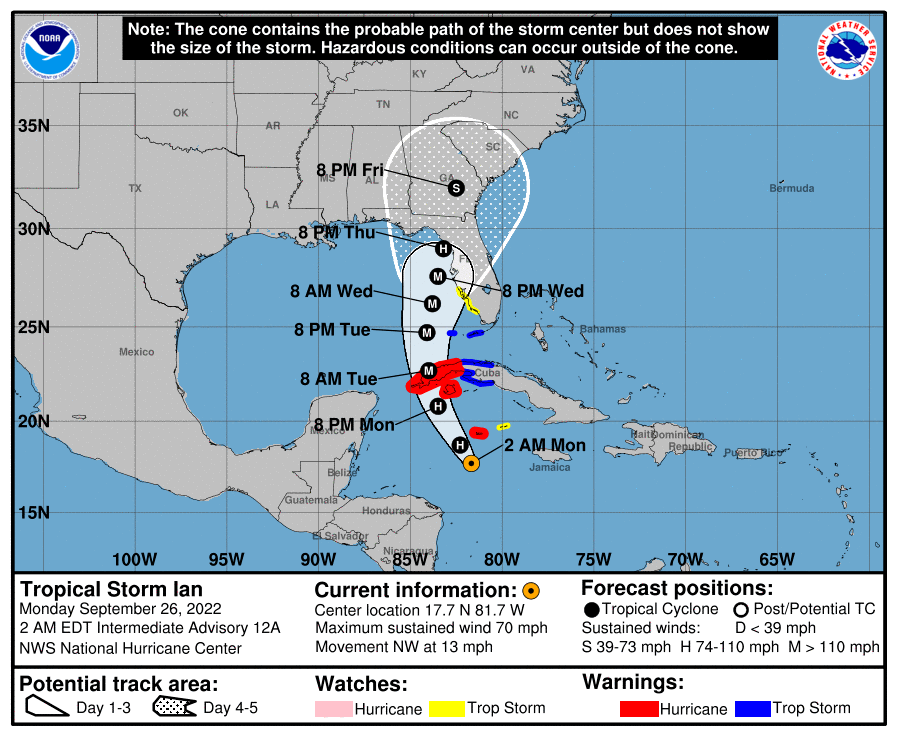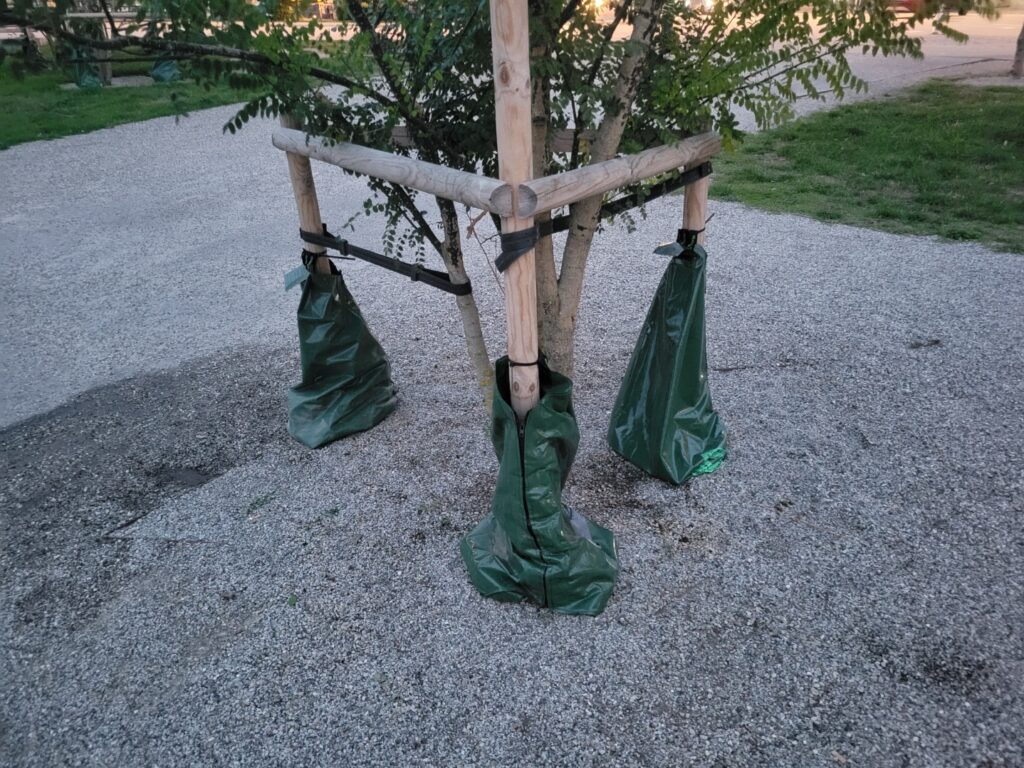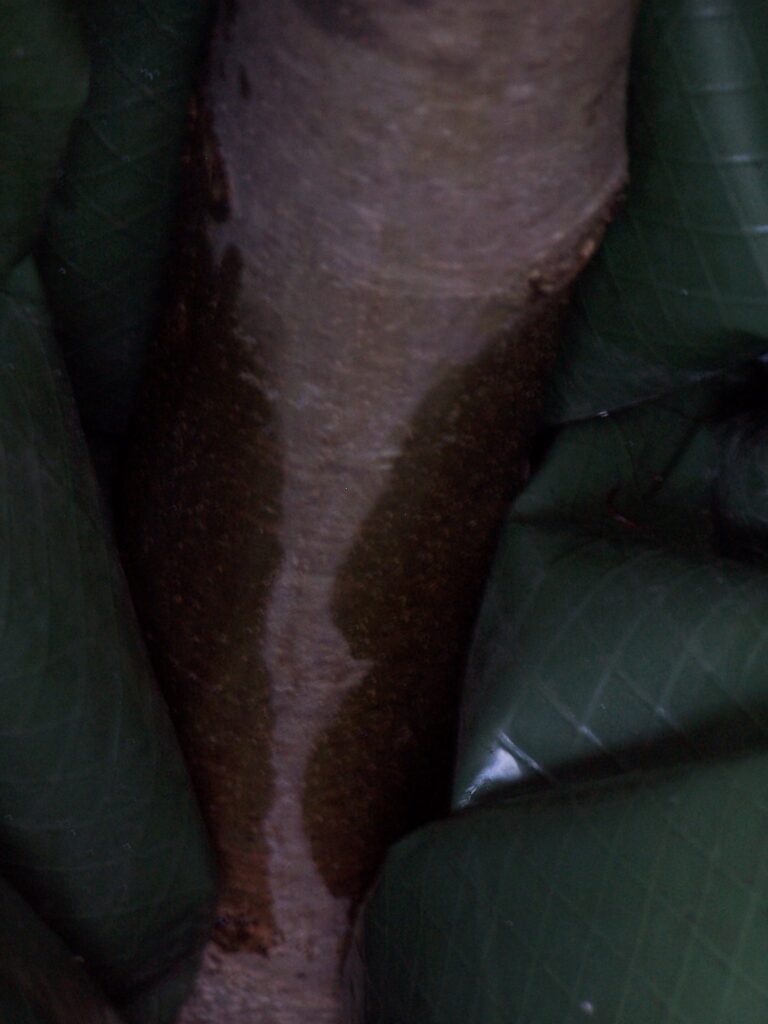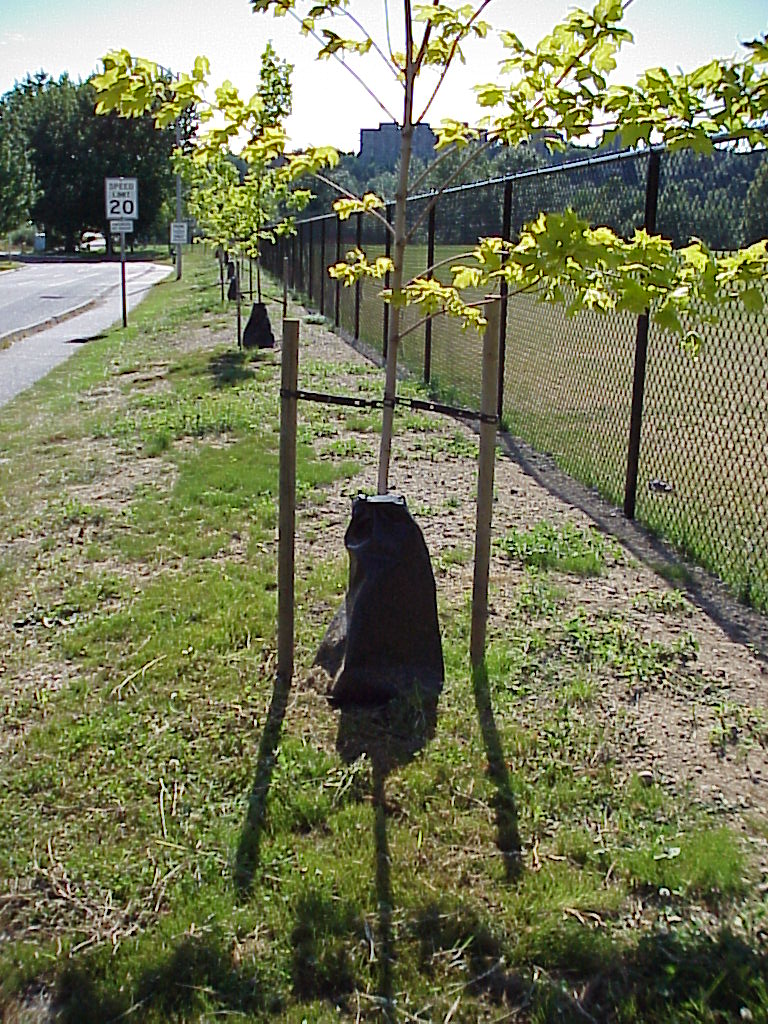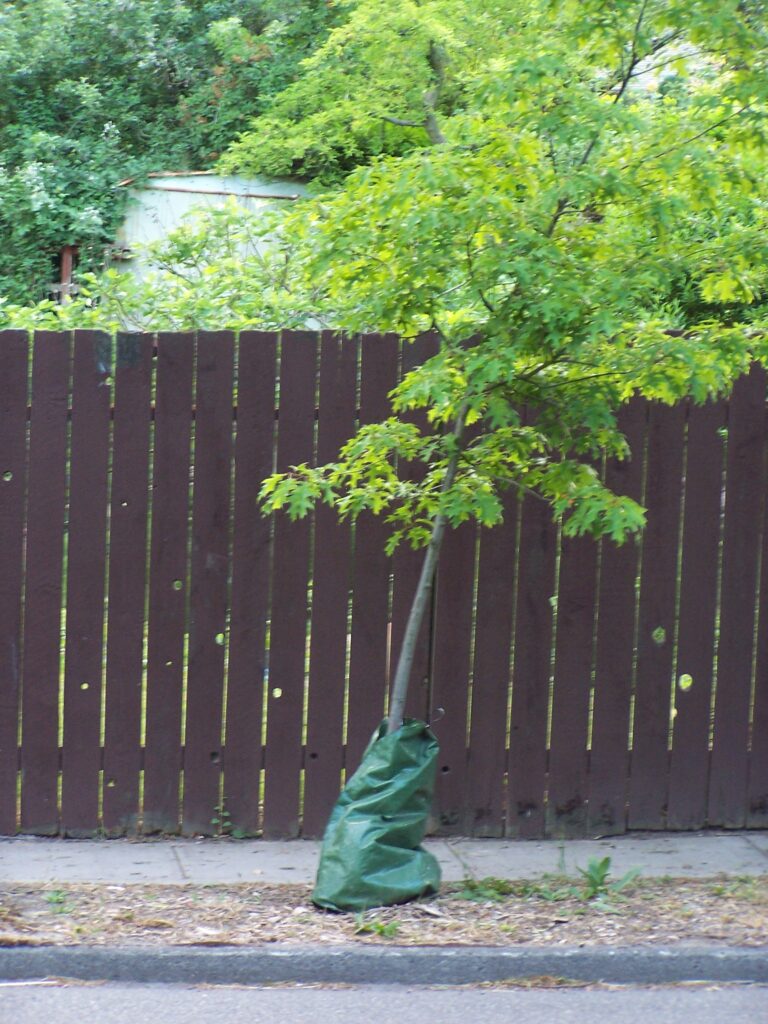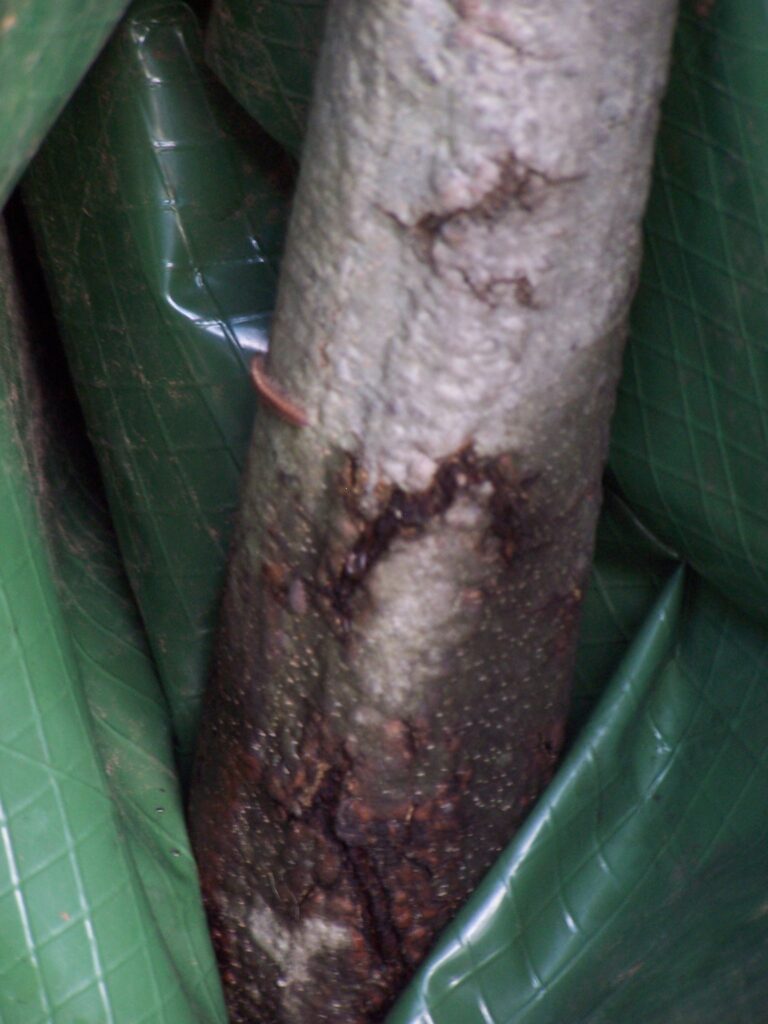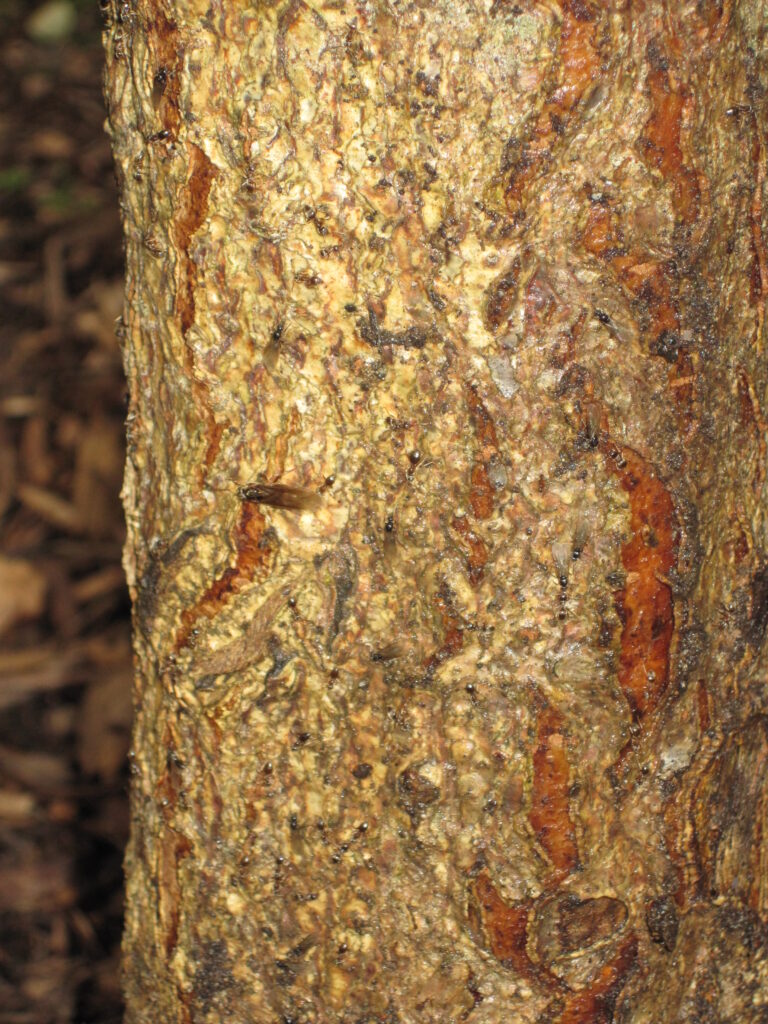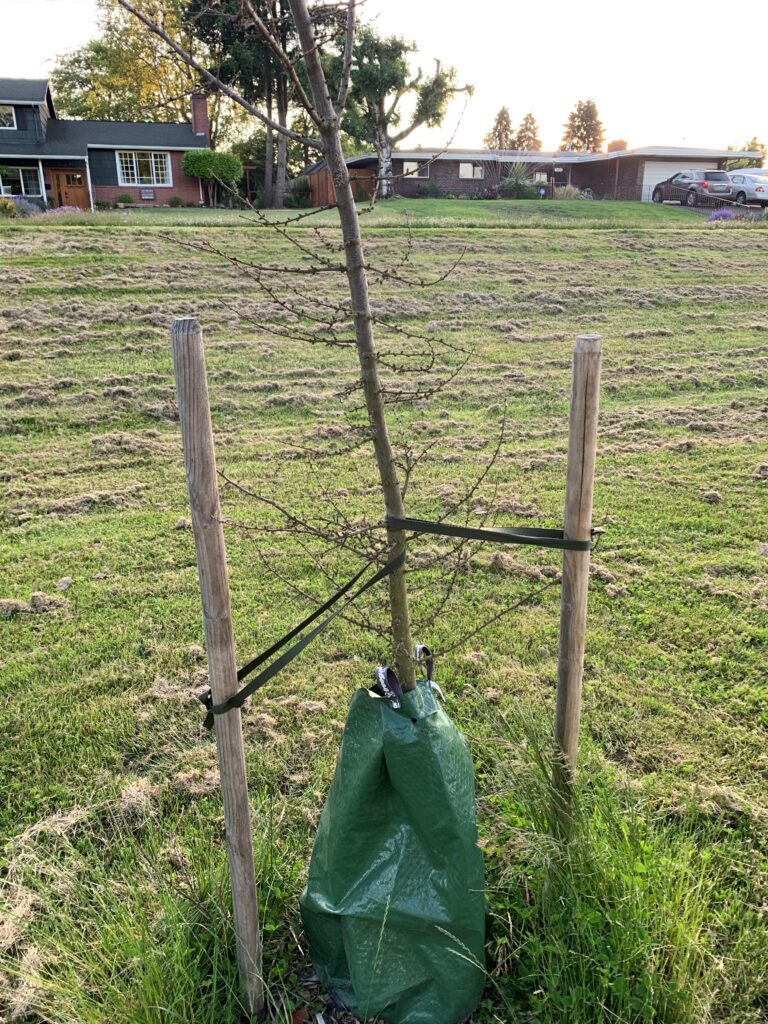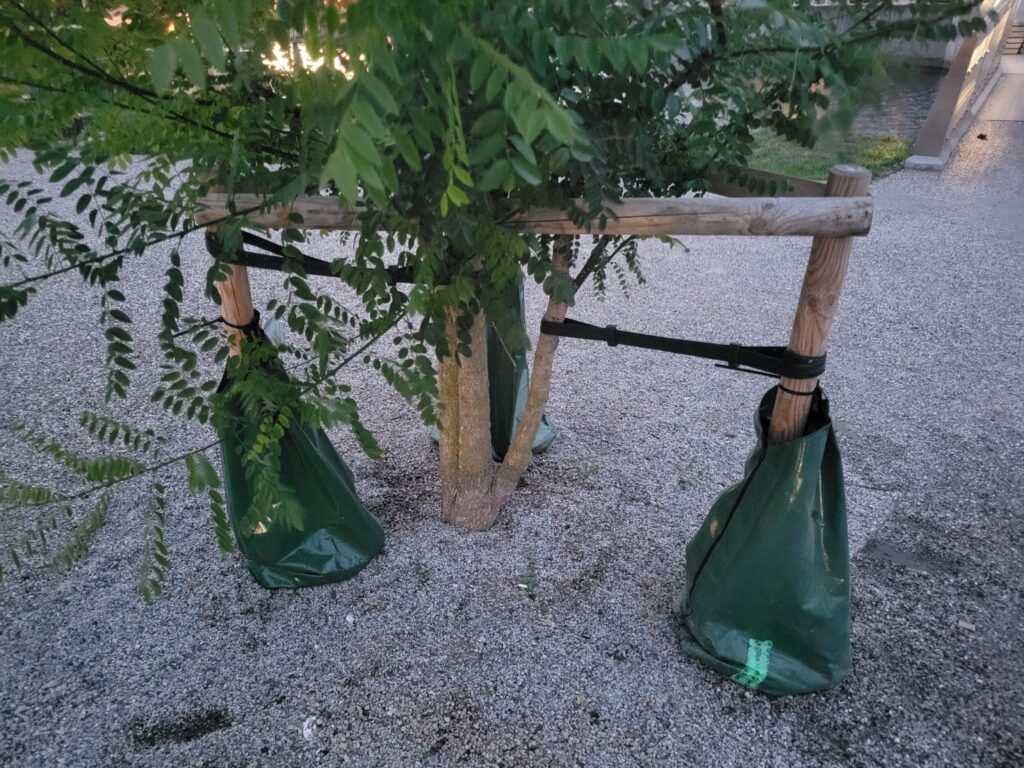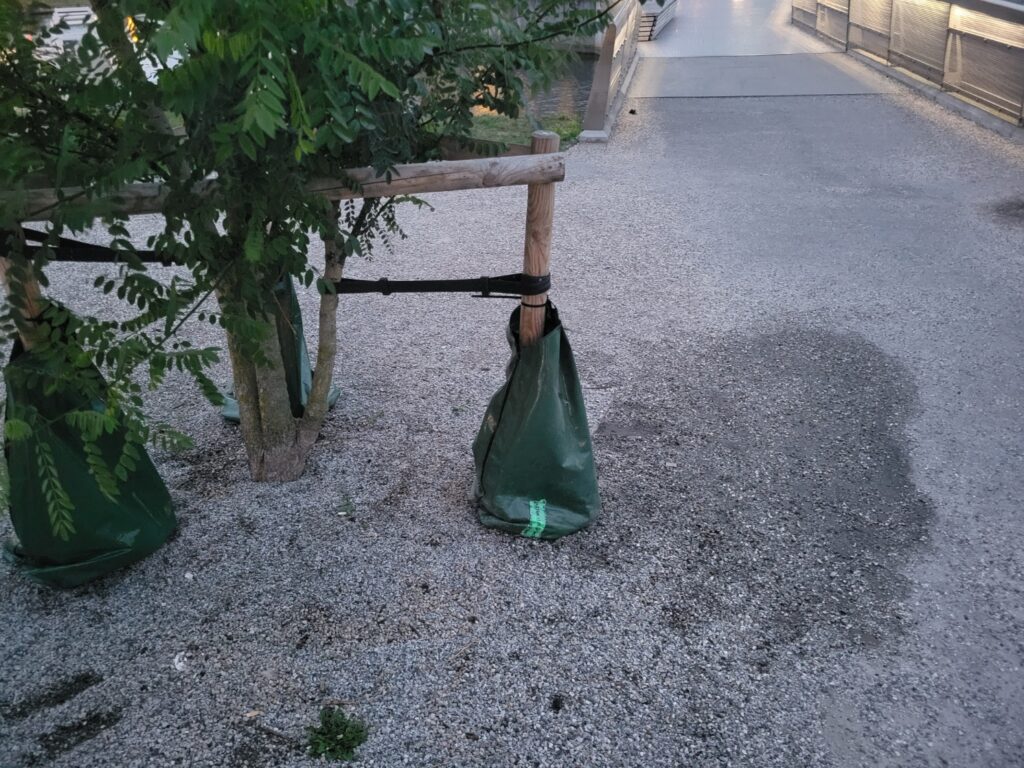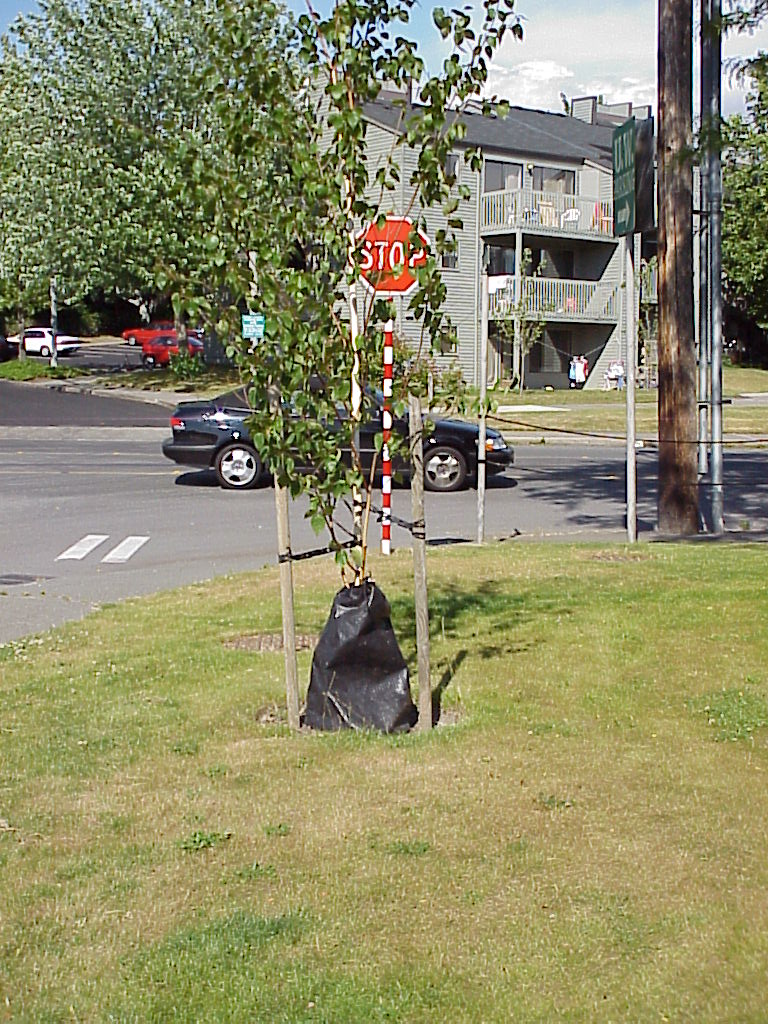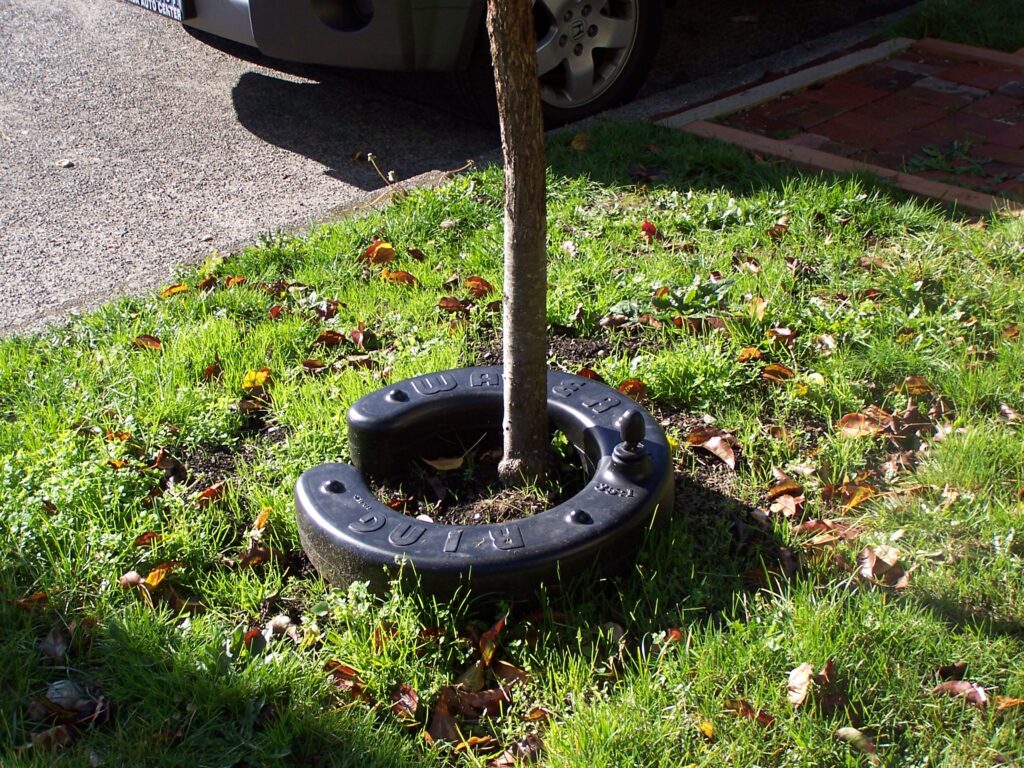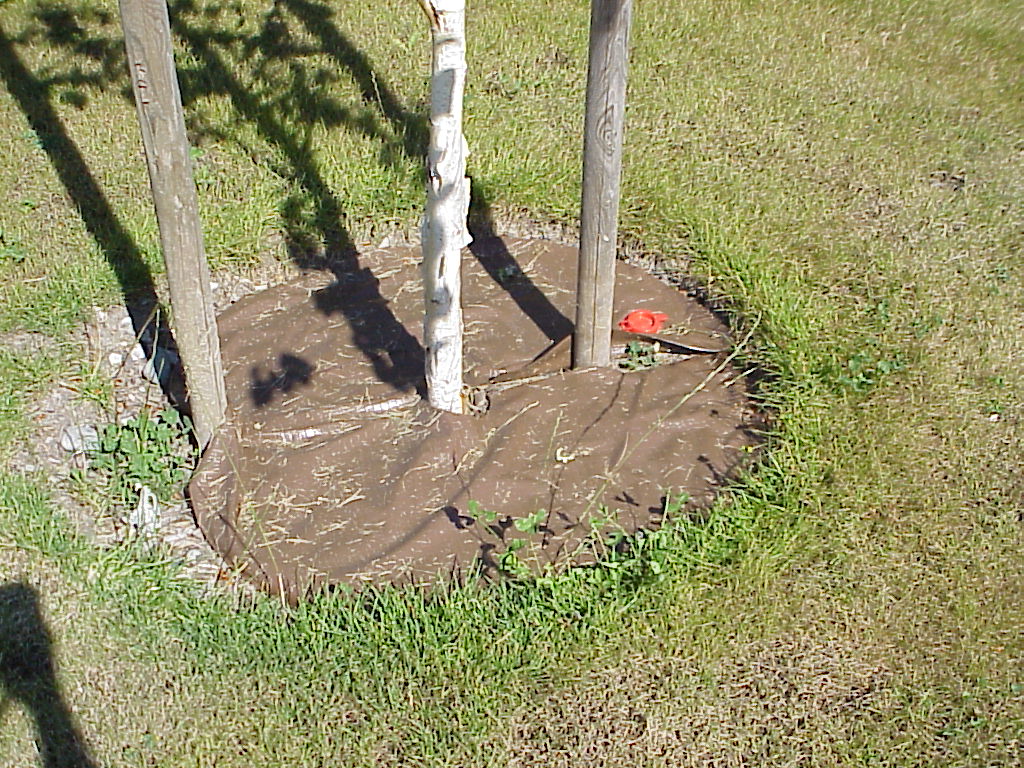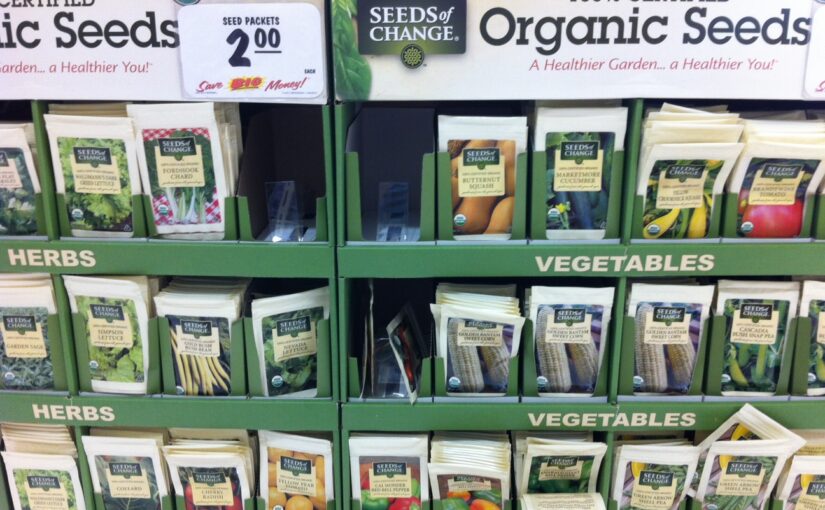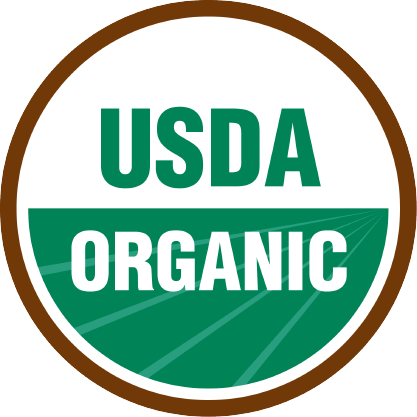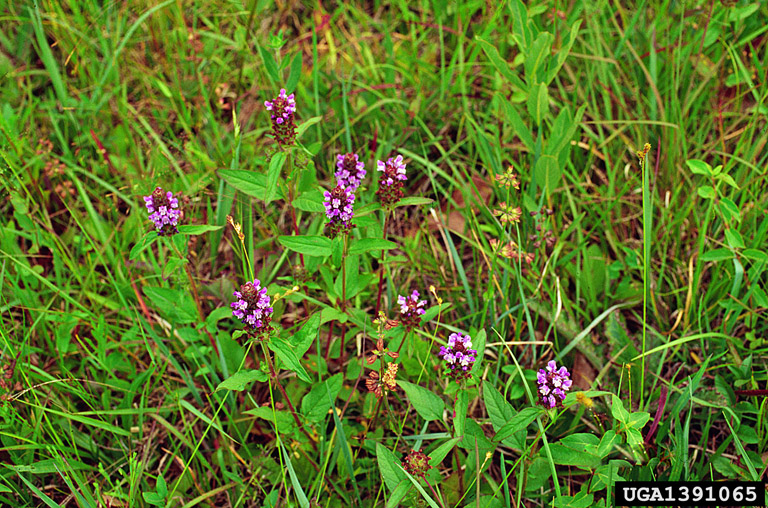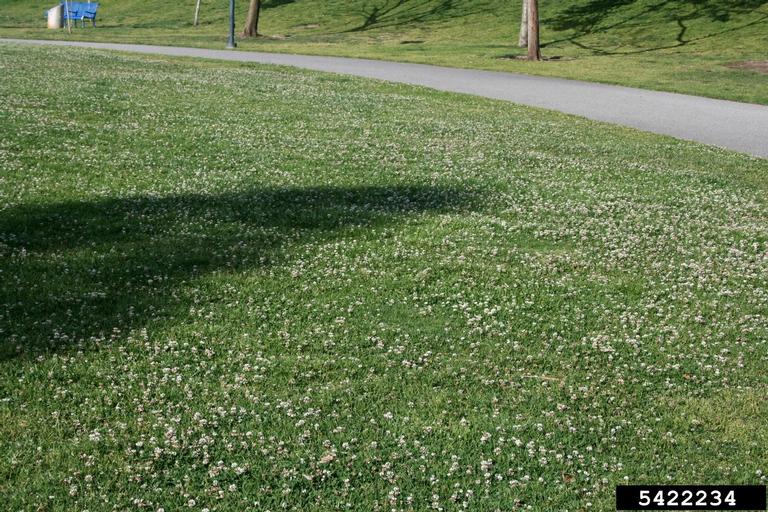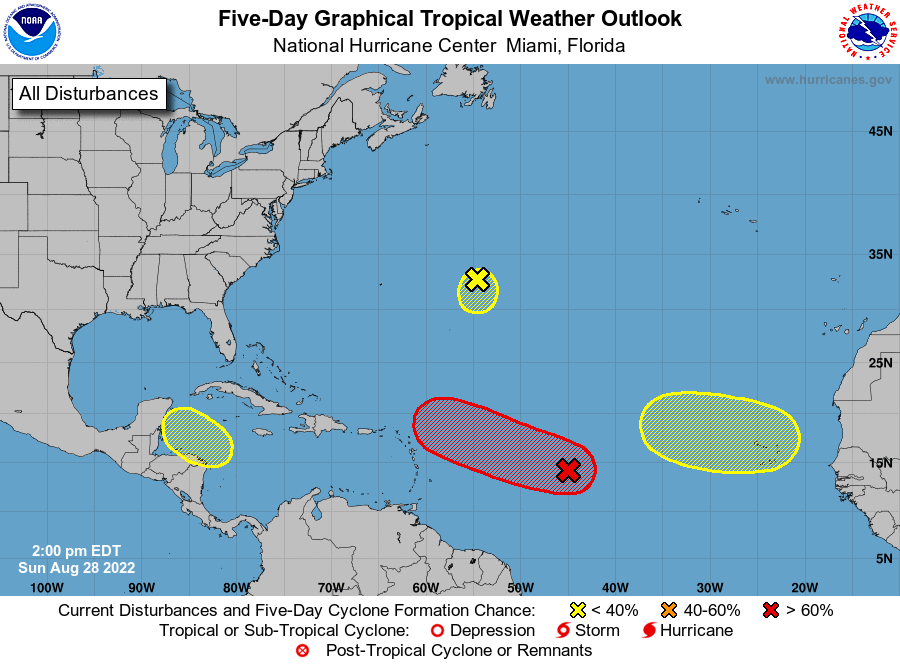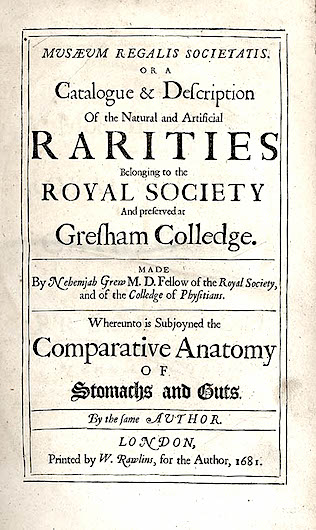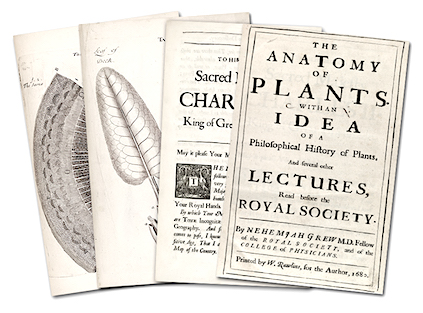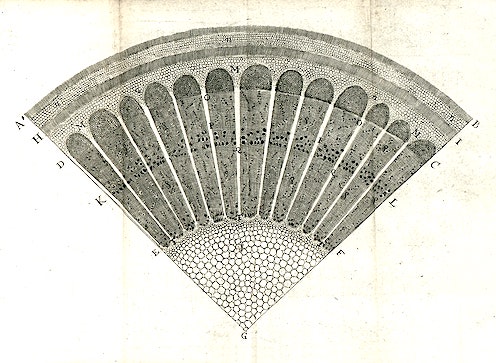There’s a new1 blog on the social media block—The Big Blog of Gardening (BBoG). Already it’s a heavy hitter in the gardening social media world. The question is: How may foul balls are hit?
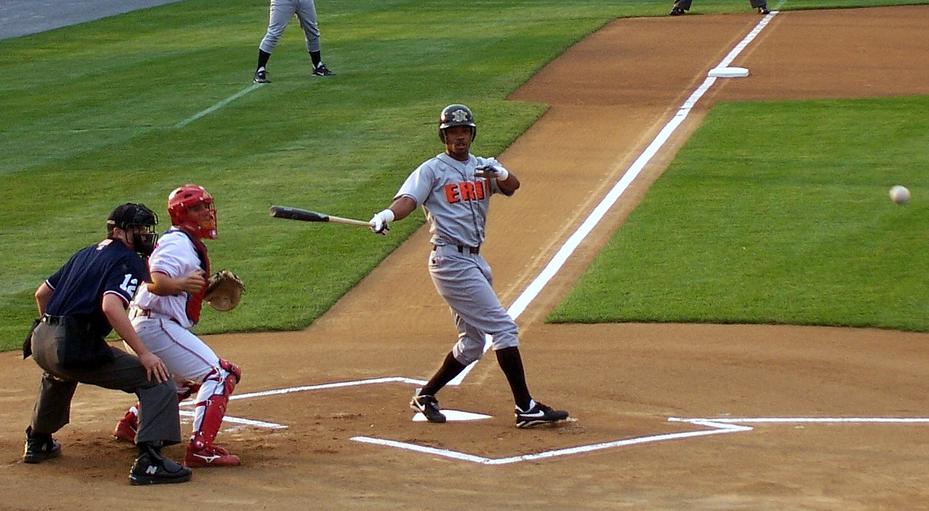
My wife came to me recently saying “Hey! Did you know that your friend Linda Chalker-Scott changed her institution?”
“What?” I said.
“Yeah, she moved to University of Washington. It says right here on this MSNBC article.”
“It’s from the Big Blog of Gardening? What’s that?”
Turns out that the BBoG is hooked into national media and gets consistent play on the home pages of those who go to MSNBC. This is because the BBoG is “now part of the Microsoft Start Program” that places content on the MSN homepage whenever a user logs in.
The originator of the BBoG is not a scientist and in the “About” section of his web page states that he started gardening as a child (like many other of us that had school gardening programs around the country). I also started gardening as a child, volunteered at Descanso Gardens in La Canada, but in my own case I followed up my childhood experiences with a dual major in Botany and Horticulture, an MS in plant pathology, a PhD in plant pathology, and a 30-year career with Cooperative Extension advising and researching in landscape horticulture. These are the typical qualifications for the blog writers at the Garden Professors web pages. Unlike writers for the BBoG, we are the folks who actually conduct research on horticulture and gardening subjects that other people quote and cite.
For us scientists, one of the pitfalls of the BBoG is it’s not a science-based blog. In a blog on pruning, the title proposes to inform how to prune any landscape plant. When you read that article, it just directs you to a link to Amazon.com to purchase a publication of the American Horticultural Society (which is not a science-based organization even though it sounds very much like the American Society for Horticultural Science – the oldest horticultural science society in the US). Rather than cite current research or address the blog title’s topic, the article leads to a product you have to buy to get your information. BBoG posts are full of of links to products available online or to “paid for links” for non-scientific and misleading garden books or other resources.
Broad strokes are used in titles of the blog. For example: “Staking a tree is almost never the right thing to do”. In some ideal world where nurseries grow trees w/o stakes and landscapes don’t require protection from damaging elements this may be true, but this is not the world we live in. Trees grown in nurseries are often staked to facilitate production and shipping. Staking can be used as a protection process on trees that may suffer impact from moving vehicles (these stakes have no attachment to the tree but serve as protective bollards). Titles in some other posts are merely attention getting or serve to promote products – not to reflect accurate horticultural science.
The BBoG often cites Dr. Linda Chalker-Scott, quotes her published work, provides links to her white papers, but doesn’t actually email or otherwise contact the original author. The problem is that often there are peer-reviewed sources by the same author containing this newer information (e.g., WSU Extension publications). BBoG often seems to miss the actual scientific or peer reviewed work but focuses on popular sources such as Fine Gardening or, even worse, Consumer Reports. Consumer Reports is not a legitimate resource for science-based information. (link to Jeff Gilman’s blog post)
Beware the comments at the end of articles on the BBoG as there can be pseudo-scientific information there (using gypsum to create drainage in soils) that goes unrefuted by the article authors. It is important that site administrators approve comments before they are listed, or at least address the misconceptions in a response.
When BBoG stories hit the mainstream media (like MSN) the blog owner does not always mention the original sources of their stories, or the scientists who developed the information: they take credit and reap the rewards of increased eyeballs on their posts and clicks on their advertising links. Wouldn’t it be nice if members of the media could dig a little deeper and find the science-based gardening sites and give them some well-deserved publicity?
